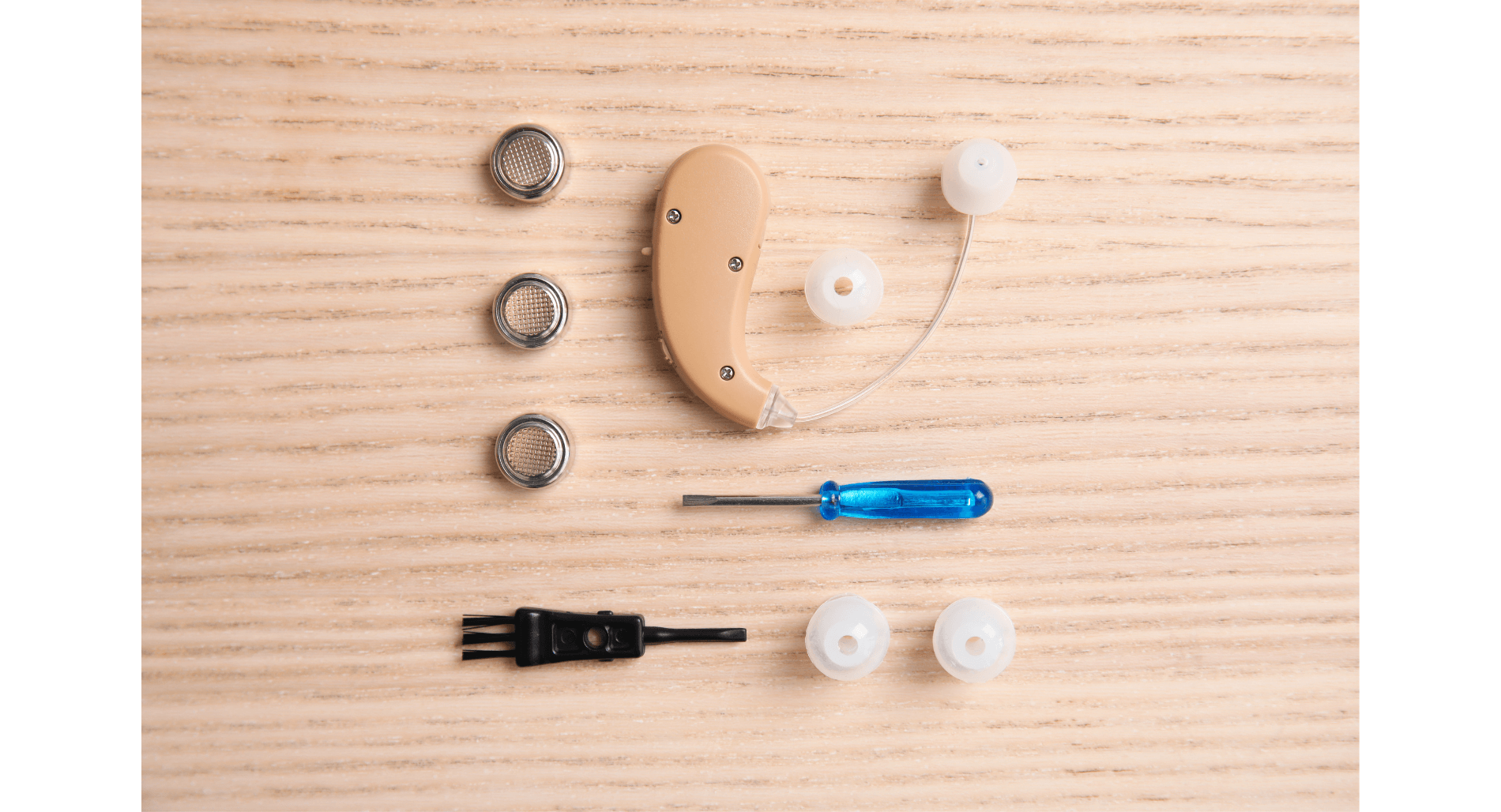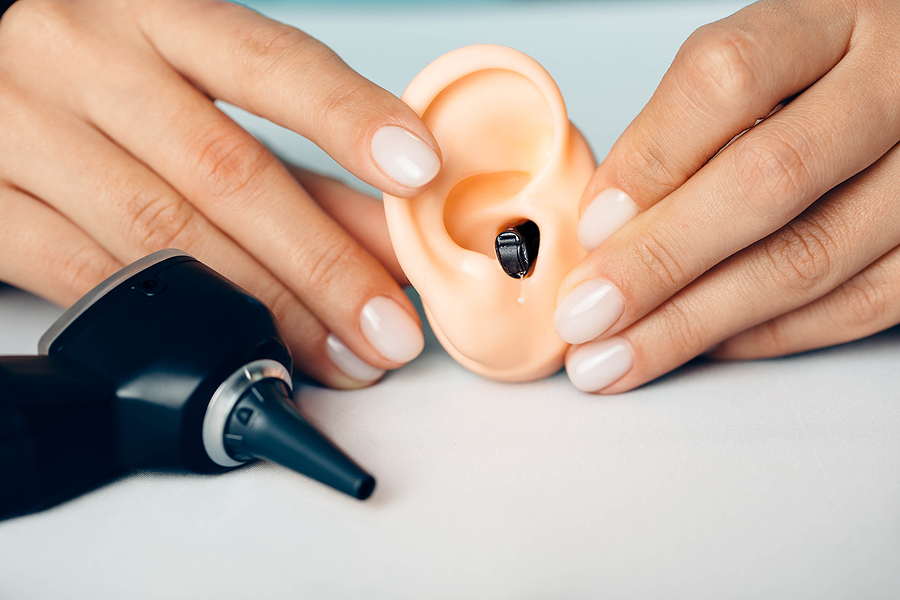
Hearing loss is a prevalent condition that affects millions of people worldwide, and the key to living well with it lies in early detection and effective communication. As a hearing professional, my goal is to guide you through this process, focusing on the latest advancements in hearing loss prevention, diagnosis, and management, while highlighting the importance of compassionate communication. In this article, we’ll discuss how to best tell others about your hearing loss, incorporating recent research and potential futuristic interventions.
The Importance of Early Detection
Early detection is the cornerstone of effective hearing loss management. In recent years, advancements in hearing screening technologies have made it easier to identify hearing problems at an earlier stage. Regular hearing check-ups, especially for those at risk, can be instrumental in identifying issues before they become more severe.
The latest research has shown that untreated hearing loss can lead to cognitive decline, social isolation, and increased risk of falls and accidents. Therefore, it is crucial to address hearing issues as soon as they are identified. When you first notice signs of hearing loss, whether it’s difficulty hearing conversations in noisy environments or constantly asking others to repeat themselves, consult with a hearing professional. The sooner you take this step, the easier it will be to adapt and communicate effectively.
Sharing Your Hearing Loss
Sharing the news of your hearing loss with family, friends, and colleagues can be challenging, but it’s an essential step in your hearing loss journey. To facilitate these conversations, consider the following strategies:
Choose the Right Time and Place:
Find a quiet and comfortable environment where you can speak without distractions. Inform the people you wish to talk to that you’d like to have a private discussion about your hearing loss.
Prepare in Advance:
Organize your thoughts and the key points you want to communicate. Explain the nature and extent of your hearing loss, its causes (if known), and how it impacts your daily life.
Be Open and Honest:
Share your feelings and experiences openly, addressing any concerns or frustrations you may have. Honesty can lead to better understanding and support from others.
Encourage Questions:
Let your loved ones ask questions. This not only helps them understand your situation but also fosters a sense of inclusion and empathy.
Offer Solutions:
Discuss potential strategies and accommodations that can make communication easier. This may include using assistive devices or adopting communication techniques.
The Power of Empathy and Compassion
As hearing professionals, we understand the emotional impact that hearing loss can have on individuals and their loved ones. Our role is not only to diagnose and treat hearing issues but also to provide emotional support. Recent research has emphasized the importance of empathy and compassion in the hearing healthcare industry.
Incorporating empathy into our practice can significantly improve patient outcomes and overall well-being. Hearing professionals should be active listeners, validating the emotions and concerns of those with hearing loss. By acknowledging the emotional aspects of this condition, we can create a safe and understanding space for our patients.
Futuristic Interventions
The field of audiology is evolving rapidly, with innovative technologies and interventions on the horizon. While these may not be readily available yet, it’s important to be aware of potential future solutions for hearing loss:
Gene Therapy:
Researchers are exploring the potential of gene therapy to treat certain types of hearing loss. This futuristic intervention aims to repair or replace faulty genes responsible for hearing impairment.
Cochlear Implants:
Advancements in cochlear implant technology are making them even more effective in restoring hearing. Future iterations may offer enhanced sound quality and compatibility with other devices.
Regenerative Medicine:
Scientists are researching regenerative medicine approaches to regrow damaged hair cells in the inner ear, potentially offering a more natural and long-lasting solution for hearing loss.
In conclusion, sharing your hearing loss with others is a critical step in the hearing loss journey. Early detection and open communication are key to maintaining healthy relationships and emotional well-being. As hearing professionals, we are here to support you, offering the latest advancements in hearing loss prevention, diagnosis, and management.
Remember, empathy and compassion are at the heart of what we do, and we are committed to providing the best care for our patients. The future of audiology holds promising interventions that may revolutionize hearing loss treatment. In the meantime, let’s continue to raise awareness about hearing loss, encourage early detection, and promote understanding and support for those affected by this condition. Together, we can improve the quality of life for people living with hearing loss.

Why Your Ears Hurt
Matthew Favinger, M.S., F-AAA

The Importance of Maintaining Your Hearing Aids
Matthew Favinger, M.S., F-AAA

